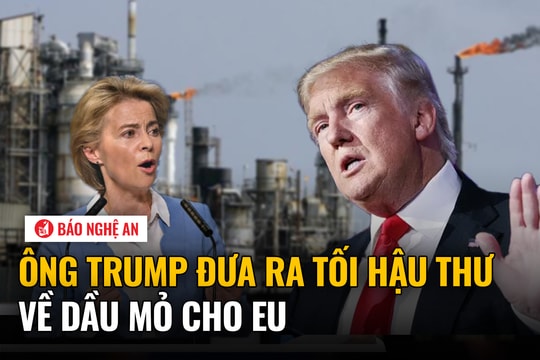What awaits the EU in 2025?
The newly elected European Union team in Brussels will face many big challenges in 2025. Can they overcome these challenges without a strong alliance between France and Germany?
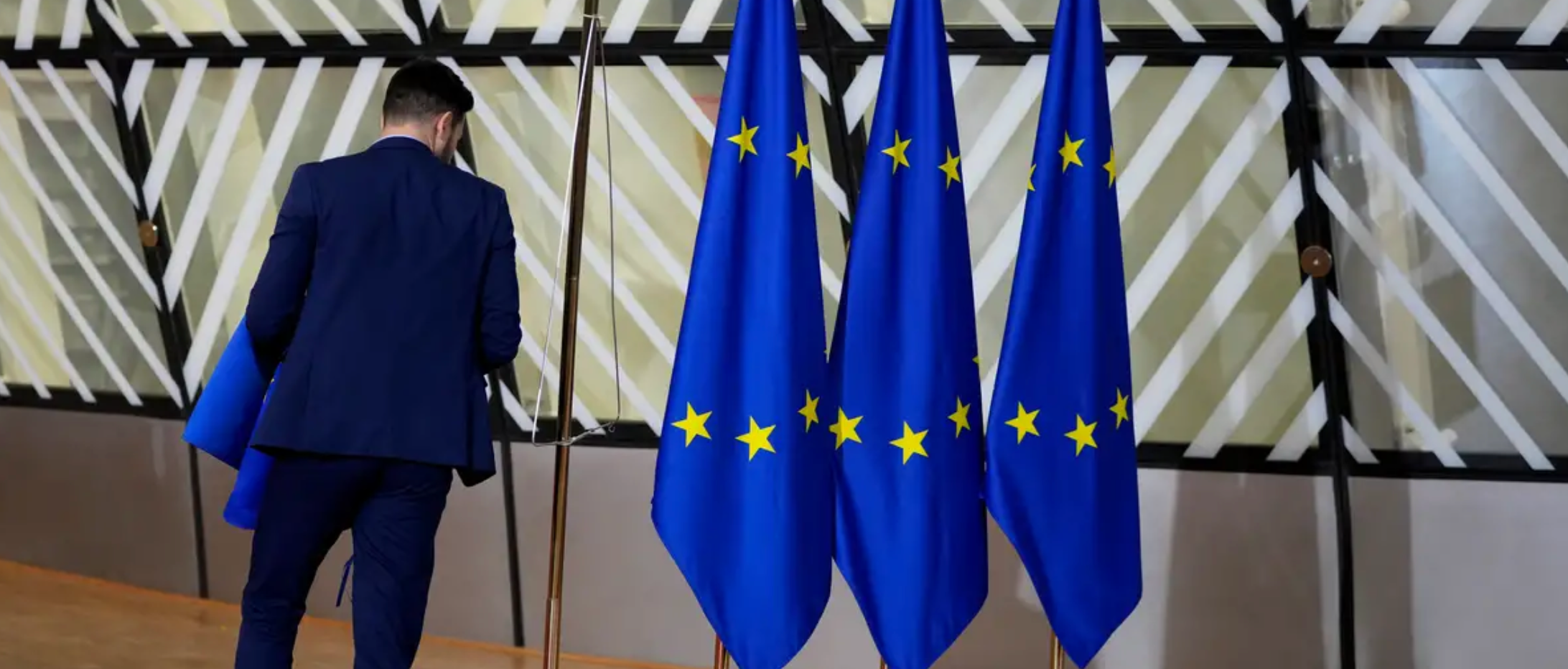
According to DW, for the European Union (EU), the three biggest challenges in 2025 will revolve around the "keywords": Ukraine, Russia and Donald Trump.
The situation for the region is made worse by internal problems such as stagnant economies, high debt levels and limited political room for action, especially in Germany and France.
In other words, the outlook for the EU in 2025 is not very bright. So what awaits the new team in Brussels?
European Council President Antonio Costa and EU foreign policy chief Kaja Kallas took office on 1 December 2024. Ursula von der Leyen remains in office, but her European Commission has been completely reorganized.
According to Steven Everts, Director of the European Union Institute for Security Studies, this new team at least offers an opportunity.
“A new leadership is taking over the EU now,” he said. “This is the moment when we can rethink, adapt and renew EU foreign policy.”
Thehsupport Ukraine
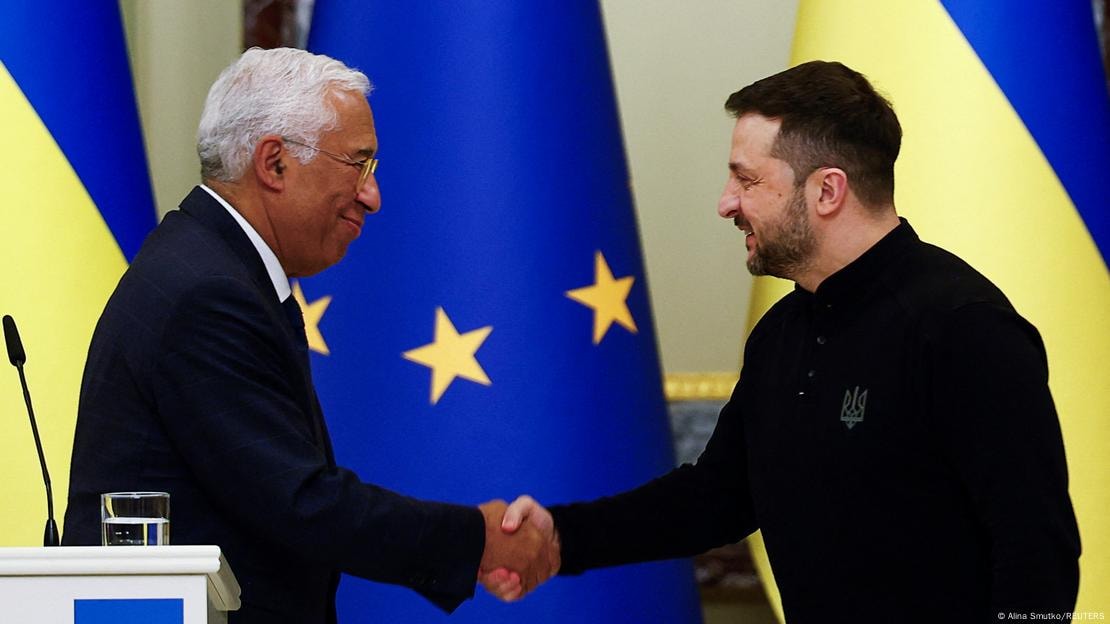
Topping the list of urgent EU tasks will probably remain financial and military aid to Ukraine in its conflict with Russia.
According to Western media, the EU has planned to transfer 1.5 billion euros (equivalent to 1.6 billion USD) per month from the common budget to Kiev's state treasury in 2025. In addition, there is a 50 billion euro loan from the G7 for Ukraine, "financed" by profits from frozen Russian assets.
According to DW, large amounts of ammunition and weapons will also have to be donated by European countries to support Ukraine, a country that is a candidate to join the EU. However, this bill could increase if US President Donald Trump carries out threats to reduce or cancel US aid to Ukraine.
To date, the United States has provided nearly half of all aid to Ukraine.
There is intense speculation in Brussels about how much it might have to spend, according to EU diplomats.
“We will have to wait and see. We are not really prepared enough to deal with Trump,” one EU diplomat said in closed-door discussions.
RoomEU leader
Apart from Ukraine, the EU will focus on defending itself against what it sees as a threat – Russia – in 2025.
Andrius Kubilius - the EU's first Commissioner for Defence and Space, was tasked not with creating a European army but instead with better coordinating the arms and procurement policies of EU member states.
Many EU countries’ budgets are too limited to buy more weapons or increase troop numbers quickly. That pressure could increase if Mr. Trump decides to cut U.S. spending on European defense and demand that European countries contribute more.
Germany alone has a 230 billion euro deficit in its medium-term defense budget, according to estimates by the Ifo Institute for Economic Research in Munich. In Italy, the figure is 120 billion euros; in Spain, 80 billion euros.
Meanwhile, Germany's new Finance Minister, Jörg Kukies, was quick to dismiss the idea of some countries wanting to finance military spending through common EU debt.
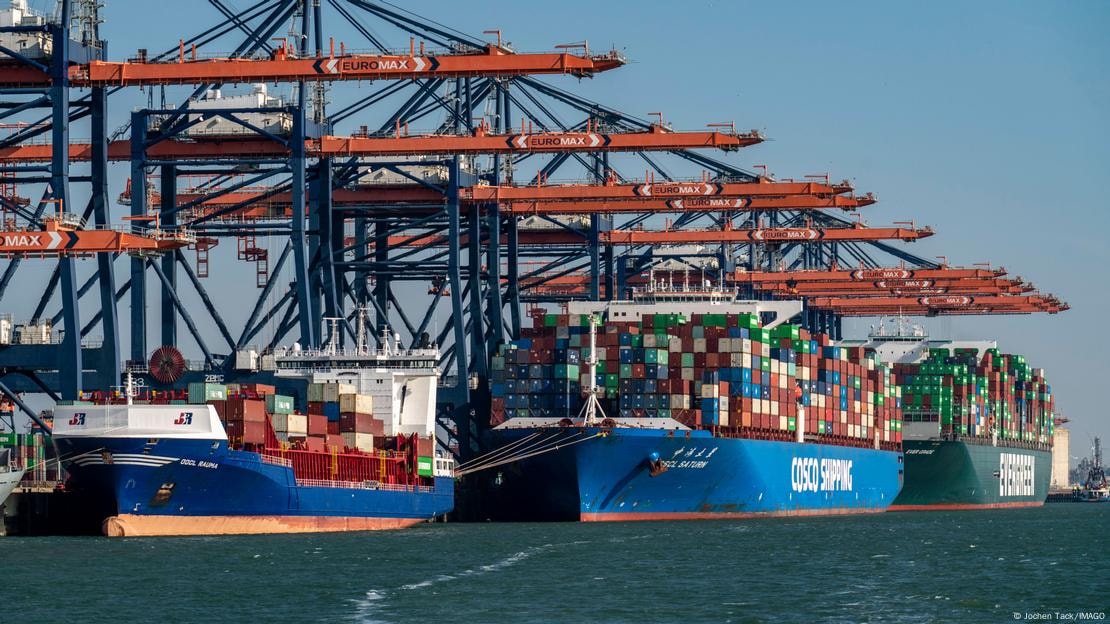
Debt management
2025 requires not only increased military spending but also investment in economic restructuring and climate-friendly economic support, as well as reconstruction funding in Gaza, Lebanon and Syria.
Former European Central Bank President Mario Draghi, an Italian, highlighted the need for €800 billion in investment earlier this year in a damning report on the competitiveness of the EU economy. He also recommended borrowing more to fund startups to attract private investors.
However, France and Italy are currently facing deficit-related proceedings from the European Union, and Spain could soon join the group.
Although Germany remains below the EU debt limit, Berlin has little room to maneuver financially due to the upcoming federal elections in February 2025. As a result, the future finance minister will not be able to present the federal budget for 2025 until spring or even summer.
Talks on Germany's new government will also delay the EU's new financial framework.
Trade policy
2025 could also be a difficult year for trade policy.
A trade war with China over electric vehicles is looming. And a serious conflict could arise from the punitive tariffs Mr. Trump wants to impose on Europe, China, Mexico, and Canada.
However, Valdis Dombrovskis, the EU's economic commissioner, is determined to remind the new US president and his advisers that they would be doing themselves a disservice if they imposed the tariffs.
“Trade wars are not good for anyone, and Mr. Trump needs to learn that,” he said at an event organized by the European Policy Center. “We need to show him the numbers. The fragmentation of the world economy will have consequences. Comprehensive tariffs could take away 7 percent of global GDP. Compare that to the 1930s when isolationism was in vogue,” he added, referring to the global economic crisis of those years and the rise of Nazi Germany.
Meanwhile, a glimmer of hope emerged from the trade deal the EU signed with the South American Mercosur group in early December. However, the deal still needs to be approved by EU institutions in 2025.
Maintain solidarity
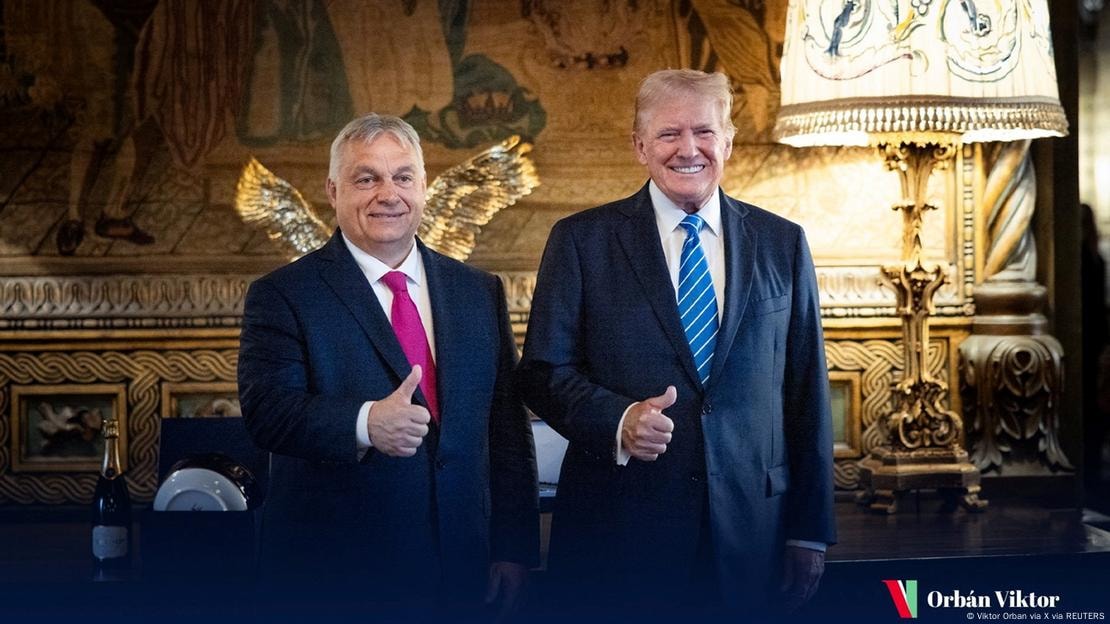
EU expert Janis Emmanouilidis of the European Policy Centre is not optimistic about 2025. “The EU has always been a guarantor of compromise. But that possibility has disappeared,” he said at an event in Brussels in early December, referring to the EU’s foreign and military policy challenges. “The EU is no longer the answer to many problems. Politics has become more nationalistic.”
According to him, many people, including those in EU candidate countries in the Western Balkans, have lost hope that the 27-member bloc will actually keep its promises in the future.
“France and Germany are now needed to take the lead in the EU,” he said.
However, France is now weakened by government crises and Germany's room to act is also limited by federal elections in February 2025.
Spain's minority government could still fail due to budget problems. Italy is led by a far-right government. Belgium and Austria have only interim governments, and the political situation in Romania remains unclear.
Meanwhile, in the Netherlands, Hungary and Slovakia, EU-skeptical leaders are in power.
Hungarian Prime Minister Viktor Orban believes he made peace in Ukraine more possible by moving closer to Russia during his country's EU presidency. He also looks forward to Mr Trump's return to the White House.
So far, all that is certain about 2025: At best it will be a very interesting year, and most likely a turbulent one for the EU.

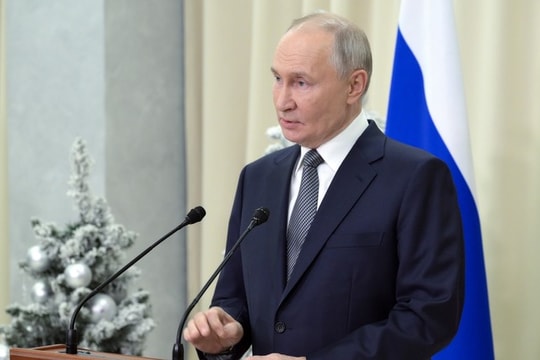
.jpg)

